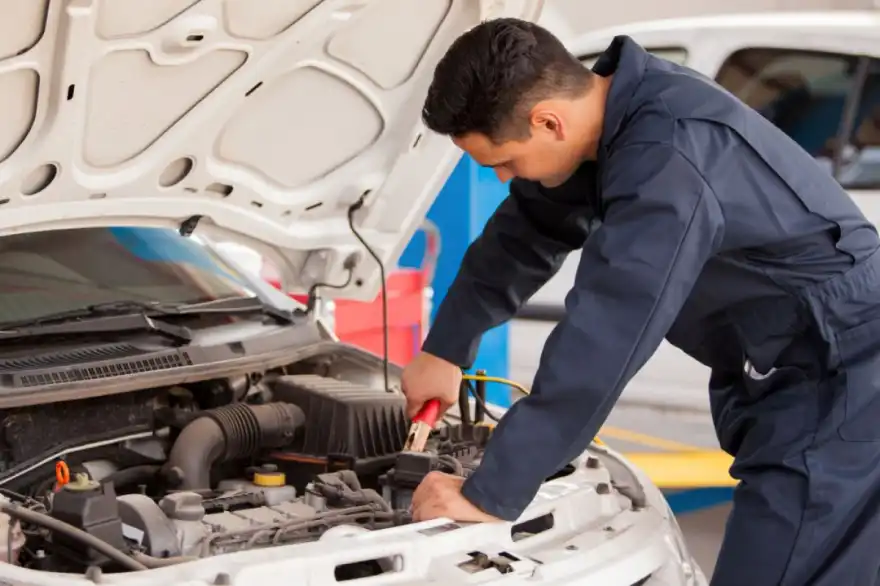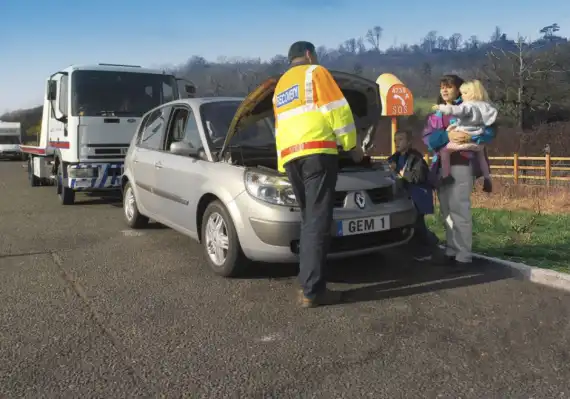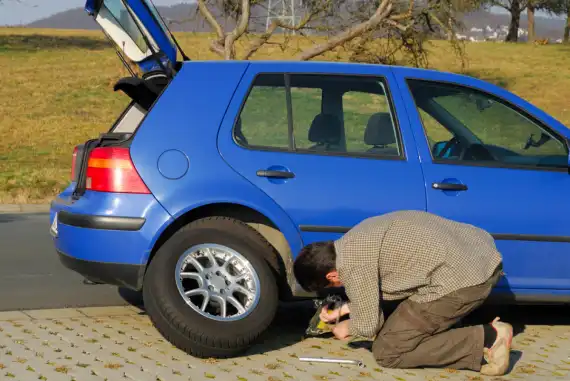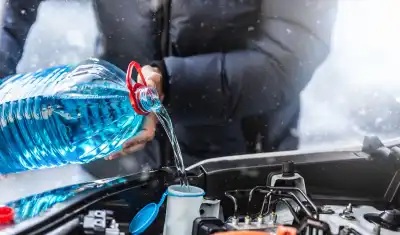
No fuel
An estimated 1m motorists per year breakdown on Britain’s roads when running out of fuel. That’s a massive one in every 36 drivers.
The penalties for doing so can be harsh, despite running out of fuel not being an illegal offence.
That’s because dangerous driving is, rightly so, treated as a serious offence and drivers who are forced to stop in the road and cause an obstruction could receive a penalty of £100 and get three points on driving licenses.
In a worst-case scenario, if an empty fuel tank leads to a road traffic collision, drivers could be issued with nine points and an unlimited fine.
Careless driving carries an unlimited fine, which could run up to around £5,000 and up to nine penalty points.

Faulty tyres
Regardless of the time of year, you're legally required to ensure that your tyres have a minimum tread depth of 1.6mm. Despite that, 11% of all MOT failures are attributed to faulty tyres while a whopping 20% of motorway breakdowns are caused by worn or incorrectly inflated tyres.
If you are stopped by the police and found with illegal tyres, you could receive a £2,500 fine and 3 penalty points per tyre.
Misfuelling
It’s estimated that every three minutes an unfortunate motorist in the UK is putting the wrong fuel into their car. Spot this mistake while you’re still at the pump and you will probably just face a draining bill. Drive away and the damage could easily costs thousands to repair.
95% of misfuelling incidents occur when diesel drivers put petrol into their car. As diesel pumps are traditionally thicker, it’s much harder to make the same mistake as the owner of a petrol car.
The AA has said that during the recent fuel crisis, it was being called out to misfuelling incidents 10x more often than usual – people were clearly desperate!

Flat or faulty battery
The AA and RAC have both reported that battery faults are a key factor in a large quantity of breakdowns. If you have a flat or faulty battery, your car might:
- Take longer than usual to start
- Doesn’t start when you press the ignition
- Display the red battery warning light while you’re driving
- The engine will struggle to turn over
Regular driving is important for keeping your battery charged, but you can also charge your battery overnight through a trickle charger if you rarely use your car.
Alternator trouble
The alternator helps to generate power for your car’s electrics and, without it, the battery can’t be charged up. While your battery’s stored power is enough to keep the electrics running for a while, if your alternator stops working, your battery will eventually go flat. If you notice your headlights aren’t as powerful as they were, wipers are slowing down or dashboard lights are flickering, pull over and get assistance.




